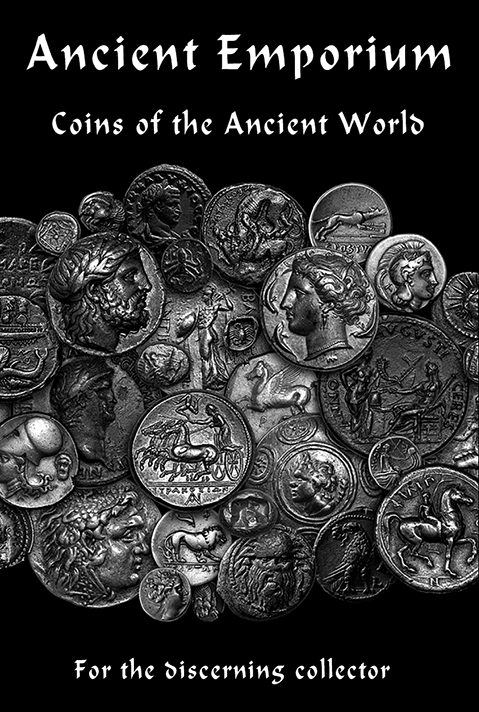Archaeologists have unearthed more ancient ruins of what they believe was once a bustling port city near the capital of modern-day Morocco, digging out thermal baths and working class neighborhoods that the country hopes will lure tourists and scholars in the years ahead.
On Friday, researchers from Morocco’s National Institute of Archaeological Sciences and Heritage presented new discoveries made this year at Chellah—a 1.2-square-mile (3.15-square-kilometer) UNESCO World Heritage Site with a footprint almost five times the size of Pompeii.

Scholars believe the area was first settled by the Phoenicians and emerged as a key Roman empire outpost from the second to fifth century. The fortified necropolis and surrounding settlements were built near the Atlantic Ocean along the banks of the Bou Regreg river. Findings have included bricks inscribed in neo-Punic, a language that predates the Romans’ arrival in Morocco.
The main excavation site has been closed for renovations since the pandemic and archaeologists have worked on expanding it since March. The footprint—including the extended site presented on Friday—is larger than that of Volubilis, widely visited ruins 111 miles (179 kilometers) east of Rabat.



Abdelaziz El Khayari, a professor of pre-Islamic archaeology from Morocco’s National Institute of Archaeological Sciences and Heritage, said that the site’s significance stems from its location on the water, which likely made it an important trading site, facilitating the exchange of materials including the import of Italian marble and export of African ivory. He said that new excavations underscored the city’s wealth and hoped to find out more in the coming months and years.
El Khayari and his team of archaeologists said the new discoveries further from the center of Chellah have never been subject to study. At a Friday news conference, they showed reporters a recently discovered statue of a woman—possibly a deity or empress—draped in cloth. They said it was the first such statue discovered in Morocco since the 1960s. They also exhibited a limestone and sunbrick neighborhood.
Mehdi Ben Said, Morocco’s minister of youth, culture and communication, said that he was confident the ruins’ location near the center of Morocco’s capital would become a draw for tourists both from Morocco and abroad. His department has invested $487,000 (455,000 euros) in the project since March, and plans to double that amount next year and each year following until excavation is complete.
“It’s something that can interest everyone,” Ben Said said. “Sites like Volubilis get 500,000 visitors per year. We are aiming for 1 million by developing this site, bringing it to life, setting up marketing, communications and everything.”
Author: Sam Metz | Source: The Associated Press [November 03, 2023]



